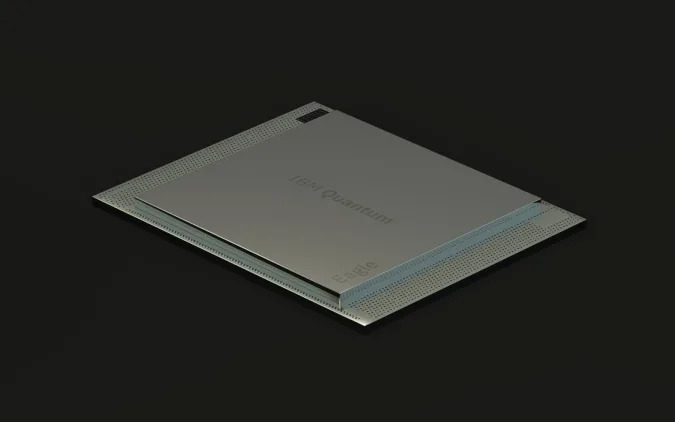
IBM claims it has taken a major step toward practical quantum computation. On Monday, the company unveiled Eagle, a 127 qubit quantum processor. IBM claims it’s the first such processor that can’t be simulated by a classical supercomputer.
To make sense of what that means, the company says to simulate Eagle you would need more classical bits than there are atoms in every human being on the planet. IBM is crediting the breakthrough to a new design that puts the processor’s control components on multiple physical levels while the qubits are located on a single layer.
It’s a design the company says allows for a significant increase in computing power.
One aspect of Eagle the company isn’t talking about at the moment is quantum volume. Cointed by IBM, it’s a metric that attempts to measure the performance of a quantum computer by taking a holistic view of its different parts. Not only does it take into account qubits, but also the way in which they interact with one another.
The higher the quantum volume, the more capable a quantum computer is at tackling difficult problems.







